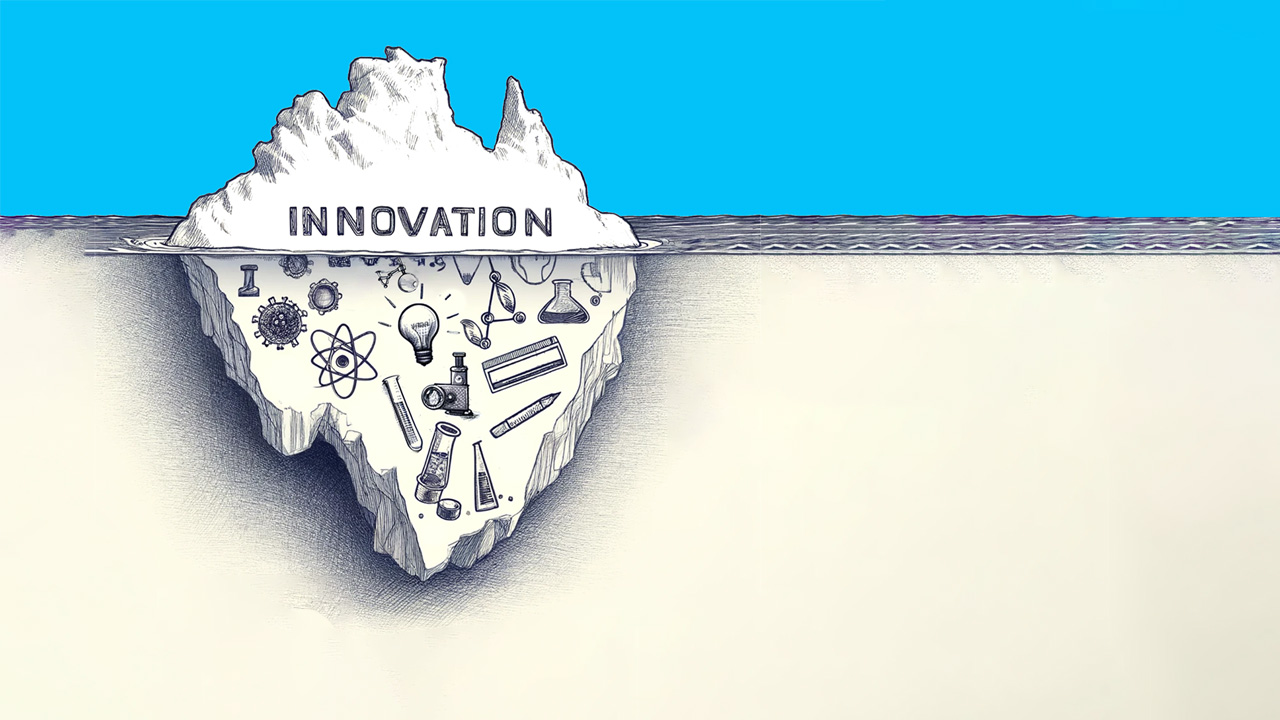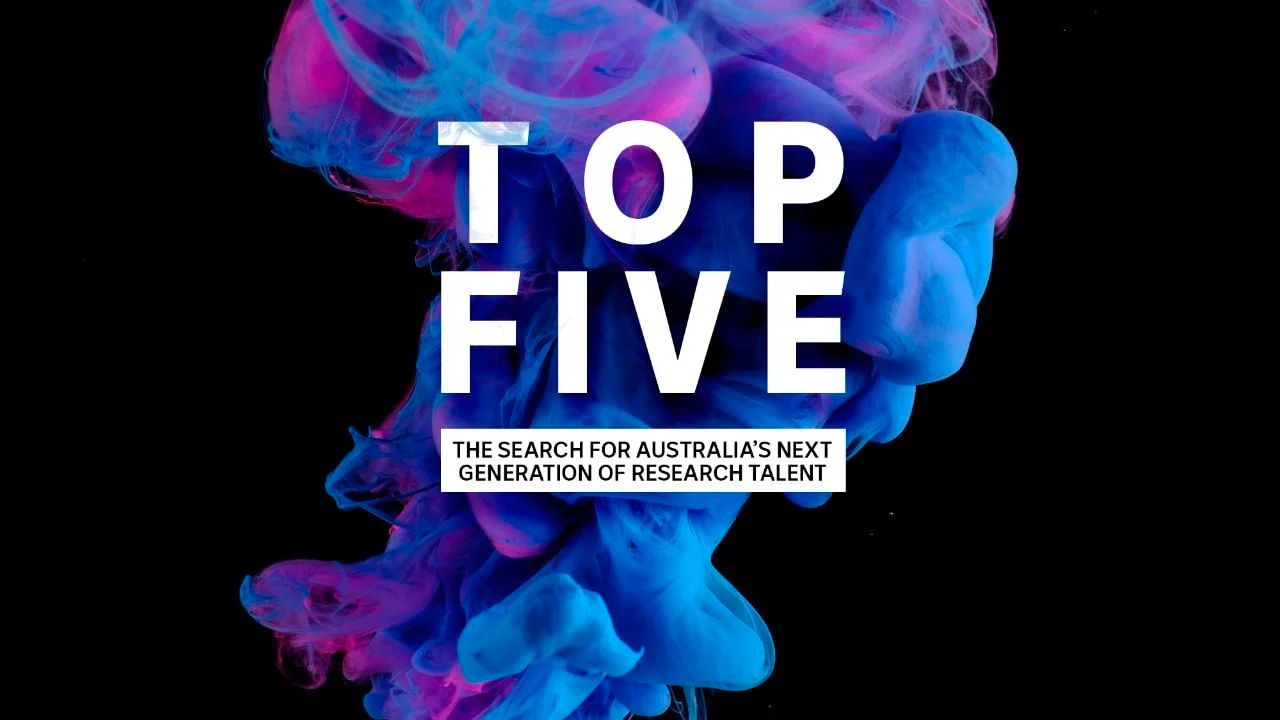[ Dr. John Noel Viana ]

I have a Ph.D. in Bioethics (Society and Culture Program) and a Graduate Certificate of Research from the University of Tasmania, with a thesis exploring ethical and societal issues in clinical trials of deep brain stimulation, cell implantation, and gene therapy for people with Alzheimer’s disease. I also have a NEURASMUS Erasmus Mundus master’s degree in Neurosciences from the University of Bordeaux and VU University Amsterdam and a bachelor’s degree in Molecular Biology and Biotechnology from the University of the Philippines Diliman. In addition, I was a visiting bioethicist at the Brocher Foundation and a visiting student in neuroethics at Monash University, University of British Columbia, University of Washington, and Charité – Universitätsmedizin Berlin. I have also completed the 2017 Sherwin B. Nuland Summer Institute in Bioethics at Yale University. While at the University of Tasmania, I have assisted in teaching units in Nursing Ethics, Exploring Science and the Humanities, and Reasoning Skills.
For my postdoc, I am investigating ways to promote responsible innovation and facilitate greater diversity, inclusivity, and equity in Australian precision health research and technology development. I am also interested in determining ethical, legal, regulatory, and societal issues in personalised and population health research involving culturally and linguistically diverse populations, including Aboriginal and Torres Strait Islander peoples and individuals from various Asian backgrounds. My work will eventually involve engagement with laboratories and centres conducting health research and/or clinical trials to investigate the perspectives of researchers on equity and diversity questions, and to facilitate reflexive discussions among scientists on how to make their current and future projects more inclusive and culturally sensitive.
I also have a great interest in the societal aspects of neuroscience and biotechnology development. My PhD thesis investigated ethical, legal, and societal issues associated with clinical trials of of invasive neurosurgical procedures for people with Alzheimer’s disease. Furthermore, I have worked on other bioethical issues such as media portrayal of novel technologies, application of new neuroimaging modalities, and patient experience and perception of neurotherapeutic interventions.
Related Blog/Project/News
Science and Science Communication in the Age of Large Language Models
Science and Science Communication in the Age of Large Language…
RI-Lab member, Saman Razavi, Awarded ARC Future Fellowship
Our Lab member A/Prof Saman Razavi, has been awarded $1…
A Forum on Responsible Science and Innovation
Responsible Science and Innovation Forum The ANU Responsible Innovation Lab…
Head of RI-Lab, Ehsan Nabavi, Awarded ABC Residency
Head of RI-Lab, Ehsan Nabavi, Awarded ABC Residency Head…
Why diversity, equity, and inclusion matter in science
Why diversity, equity, and inclusion matter in science Interview with…
Should we be worried about ChatGPT?
Should we be worried about ChatGPT? Interview with Head of…
RI in the lab: An interview with our Lab member Dr John Viaña
Responsible Innovation in the lab: Impacting the course of biomedical…
Lecture Series RESPONSIBLE INNOVATOR
Lecture Series RESPONSIBLE INNOVATOR ???????????????????????????????????????????? ???????????????????????????????????? ???????????????????????????? ???????????????????????? starts Thursday,…








